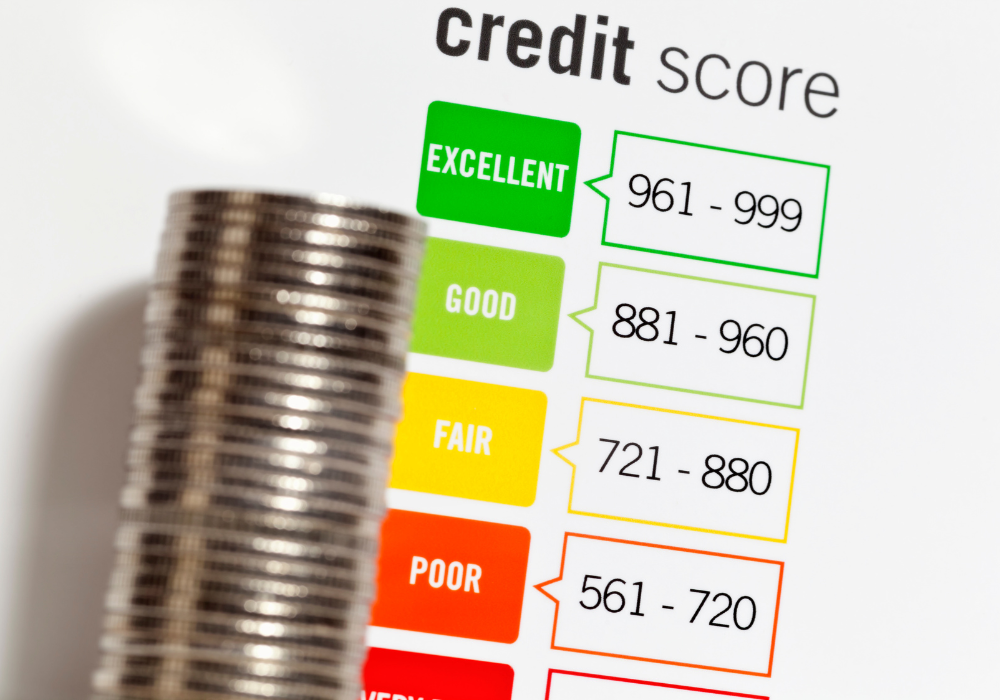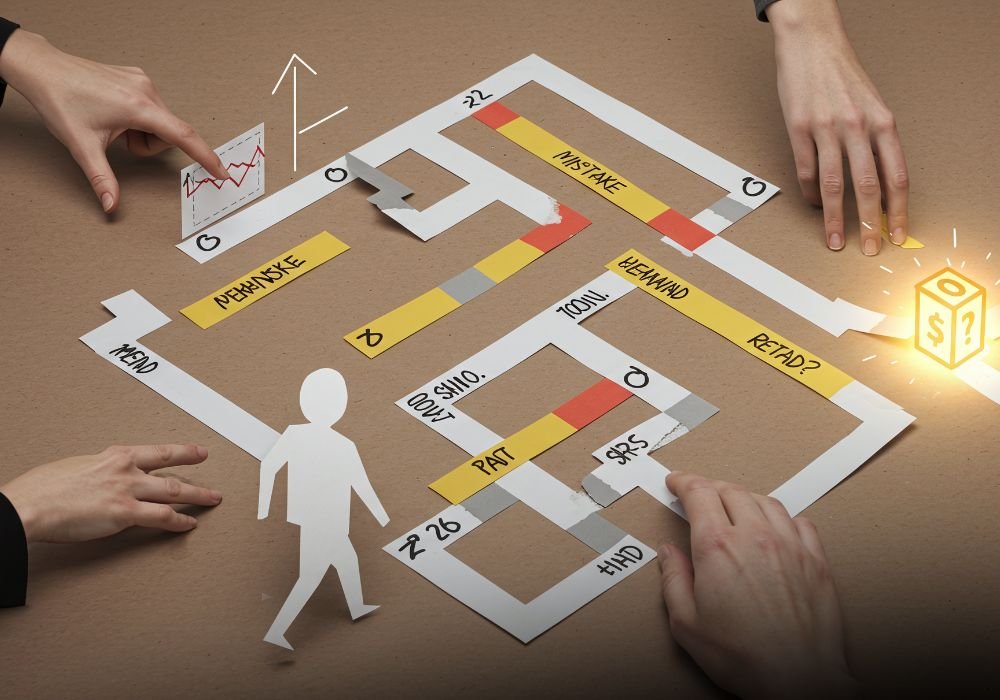In today’s fast-paced world, money matters more than ever. But knowing how to handle your finances well is not something everyone is taught. That’s where financial literacy comes in. It’s the basic ability to understand money, make smart choices, and plan for a secure future. Without it, even the best income can slip away through poor decisions or unexpected expenses.
Financial literacy means knowing how to budget and save effectively, avoid unnecessary debt, and invest wisely. It’s not just for experts or people with big bank accounts. Everyone can benefit from learning how money works — whether you’re just starting your career, raising a family, or planning for retirement.
Why Understanding Money Matters
When you know the basics of money management and start making a few smart money moves, you gain control. You don’t just survive paycheck to paycheck. You build a cushion for emergencies and plan for what matters most. That could be buying a home, funding your kids’ education, or traveling the world.
Many people get into trouble because they don’t fully understand credit cards, loans, or interest rates. For example, paying only the minimum balance on a credit card can lead to high interest charges and years of debt. Financial literacy helps you spot these pitfalls before they catch you off guard.
Building Wealth Step by Step
Wealth doesn’t usually come overnight. It grows when you learn how to save and invest consistently by following a clear path to financial freedom. Financial literacy teaches you about different ways to grow your money. This includes putting money into savings accounts, stocks, bonds, or retirement plans. When you understand the risks and rewards of each option, you can make smarter choices.
Investing might seem scary at first. But with a little knowledge, it becomes a tool for turning your savings into more money. The key is to start early and be patient. Over time, compound interest works in your favor. Even small amounts can grow into a comfortable nest egg.
Managing Debt Wisely
Not all debt is bad, but managing it poorly can harm your financial health. Learning about debt types, like mortgages, student loans, or credit cards, is vital. Financial literacy helps you borrow responsibly and avoid falling into debt traps.
Knowing the difference between good debt (like a home loan) and bad debt (high-interest credit cards) allows you to make choices that benefit your future. It also helps you develop a plan to pay off what you owe without stress or damage to your credit score.
Planning for Life’s Surprises
Life rarely goes exactly as planned. Unexpected bills or emergencies can derail your finances if you’re not prepared. Financial literacy teaches you the importance of having an emergency fund. This fund acts like a safety net during tough times — whether it’s a car repair, medical bill, or job loss.
Having money set aside for emergencies reduces stress and gives you peace of mind. It stops you from relying on expensive loans or credit cards when the unexpected happens.
Protecting Yourself from Risks and Scams
The financial world can be tricky. There are many products, offers, and scams out there. If you’re not careful, you might lose money or fall victim to fraud.
Financial literacy means understanding how different financial products work, what fees and terms to watch out for, and how to spot suspicious schemes. This knowledge helps you protect your money and avoid costly mistakes.
Reducing Stress and Gaining Confidence
Money worries cause a lot of stress. But when you know how to manage your finances, that stress melts away. You feel more confident about making decisions because you understand what’s happening with your money.
Financial literacy isn’t just about numbers; it’s about feeling secure and in control. It helps you enjoy life more because you’re not constantly worried about bills or debt.
Teaching Financial Skills to the Next Generation
Financial literacy is not just for adults. Teaching kids and young people about money early sets them up for success. They learn the value of saving, budgeting, and making smart choices before they face real financial responsibilities.
Parents and educators can play a big role by discussing money openly and encouraging good habits. This foundation helps young people avoid common money mistakes and build a strong financial future from an early age.
What Happens Without Financial Literacy?
Without basic money knowledge, people can fall into debt, make poor spending decisions, or miss out on important opportunities. This can lead to long-term financial struggles or even bankruptcy.
Lack of financial literacy doesn’t just affect individuals. It impacts entire communities and economies by increasing financial instability and limiting growth.
Final Thoughts
Financial literacy is the key to a secure and successful financial future. It helps you save money, avoid debt, plan for retirement, and protect yourself from risks. Most importantly, it gives you peace of mind.
Anyone can learn these skills, no matter where you live or what your income is. The sooner you start, the better your chances of building wealth and living with financial confidence.
FAQs
Q: Can I learn financial literacy on my own?
A: Absolutely! Many free online resources, books, and videos can help you understand the basics. Starting with small steps like budgeting and saving is a great way to begin.
Q: Is financial literacy only about investing?
A: No. While investing is important, financial literacy covers many areas like budgeting, managing debt, planning for emergencies, and protecting yourself from scams.
Q: When should I start learning about finances?
A: The earlier, the better. Learning about money from a young age builds good habits that last a lifetime.
Q: How can I protect myself from financial scams?
A: Stay informed about common scams, always read the fine print, and never share personal financial information with untrusted sources.
Q: What if I’m already in debt? Can financial literacy help?
A: Yes! Understanding your debt and creating a plan to pay it off is a crucial part of financial literacy. It can help you regain control and improve your financial health.










